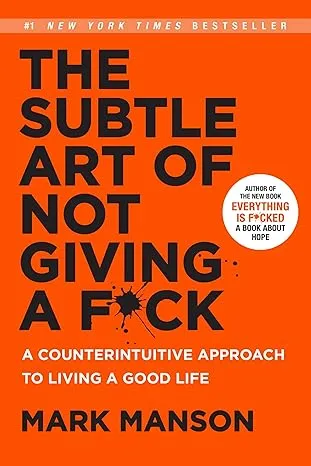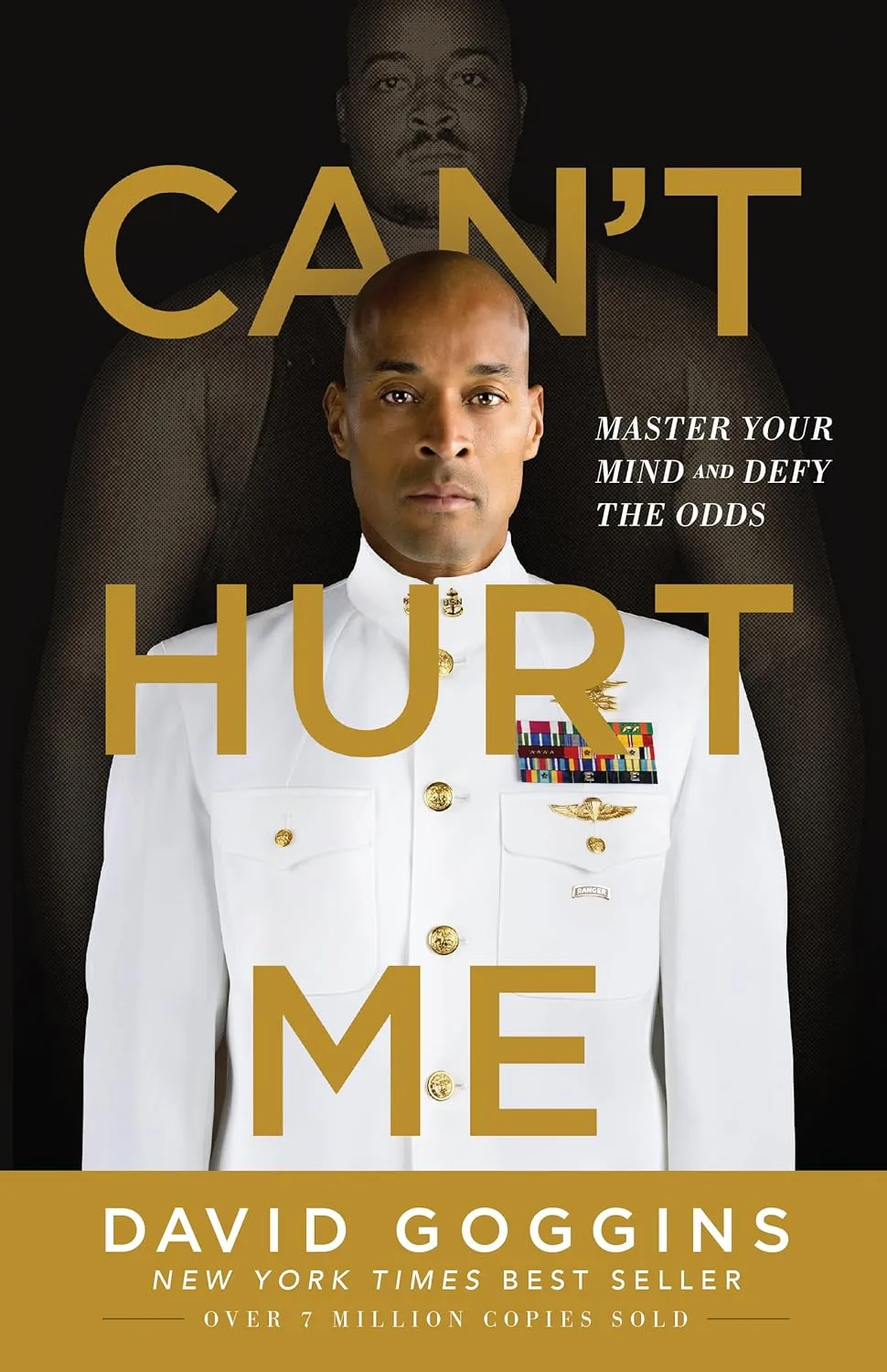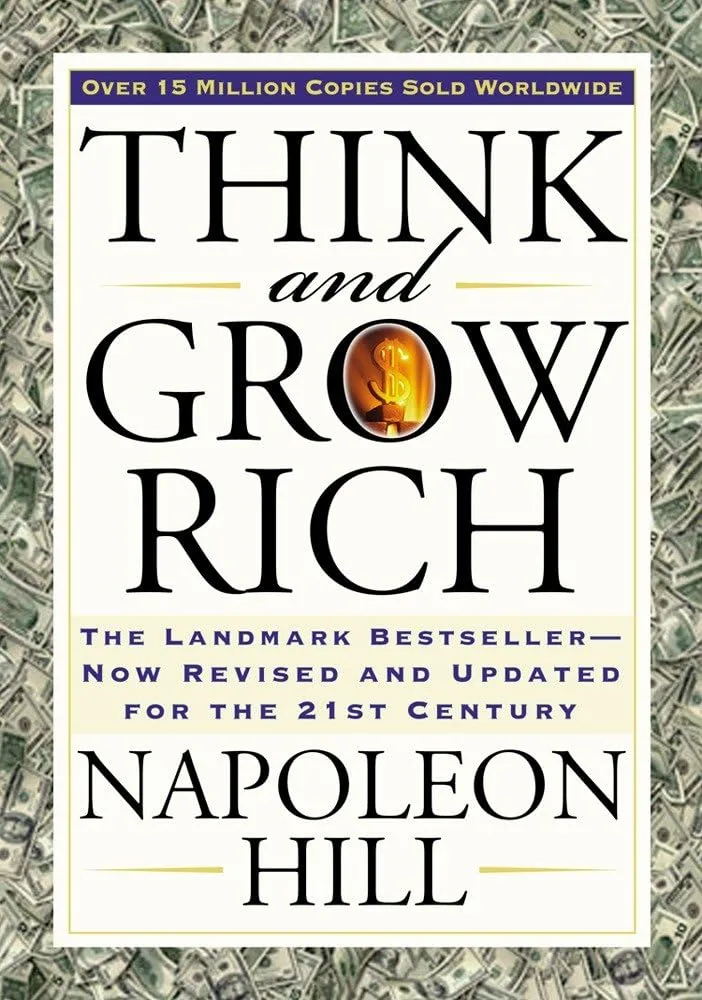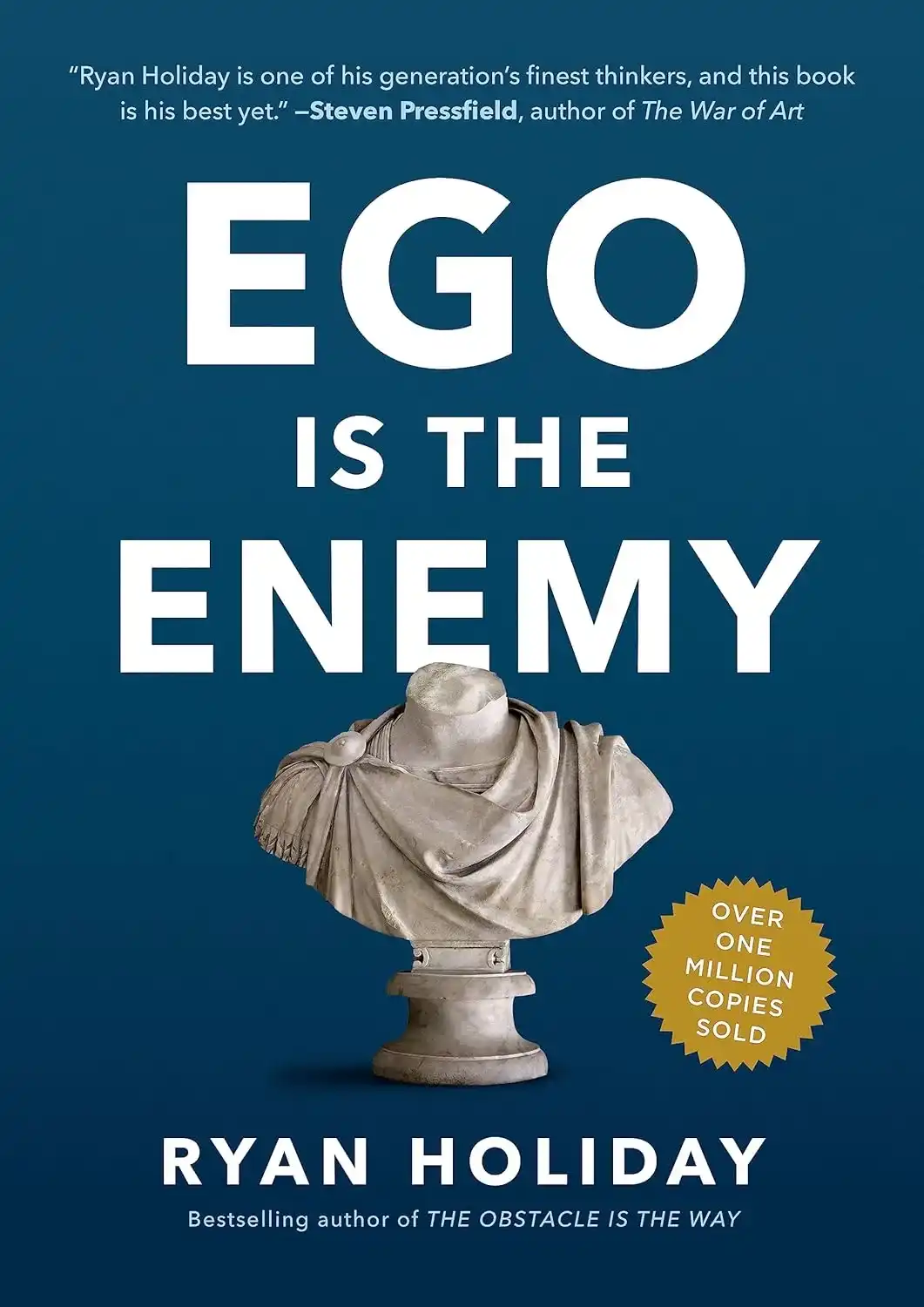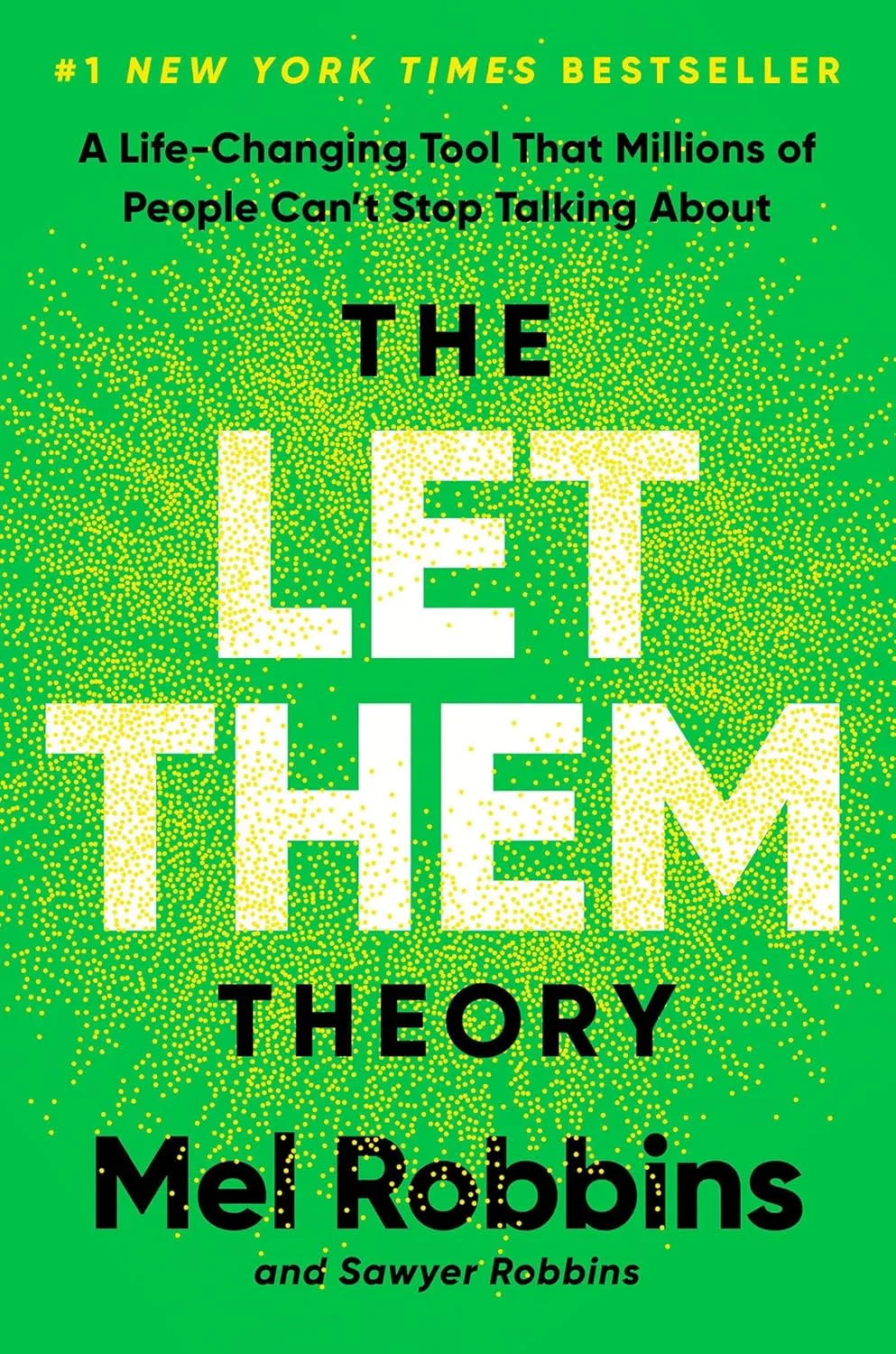Overview
Jordan B. Peterson’s “12 Rules for Life: An Antidote to Chaos” is a philosophical and psychological guide that combines ancient wisdom, modern psychology, and personal responsibility to help readers navigate life’s complexities. The book provides life advice through essays in abstract ethical principles, psychology, mythology, religion, and personal anecdotes and has become a global phenomenon, topping bestseller lists in Canada, the United States, and the United Kingdom, and selling over ten million copies worldwide as of May 2023.
Key Takeaways
| Core Insight | Application |
|---|---|
| Personal Responsibility | Take ownership of your life before trying to change the world |
| Meaning Over Happiness | Pursue purpose and responsibility rather than fleeting pleasure |
| Incremental Improvement | Compare yourself to who you were yesterday, not to others |
| Truth and Precision | Speak accurately and honestly to reduce chaos in your life |
| Hierarchy and Competence | Understand natural hierarchies and strive for competence |
| Order vs. Chaos | Balance structure with necessary change and adaptation |
| Courage in Adversity | Face difficulties head-on rather than avoiding them |
| Respect for Tradition | Learn from ancient wisdom while adapting to modern challenges |
Book Structure
The book is organized into 12 chapters, each dedicated to one specific rule:
Rule 1: Stand up straight with your shoulders back Rule 2: Treat yourself like someone you are responsible for helping Rule 3: Make friends with people who want the best for you Rule 4: Compare yourself to who you were yesterday, not to who someone else is today Rule 5: Do not let your children do anything that makes you dislike them Rule 6: Set your house in perfect order before you criticize the world Rule 7: Pursue what is meaningful (not what is expedient) Rule 8: Tell the truth—or, at least, don’t lie Rule 9: Assume that the person you are listening to might know something you don’t Rule 10: Be precise in your speech Rule 11: Do not bother children when they are skateboarding Rule 12: Pet a cat when you encounter one on the street
Each chapter weaves together clinical psychology, evolutionary biology, mythology, philosophy, and personal anecdotes to explore profound questions about human nature, suffering, and meaning.
About the Author
Jordan B. Peterson is a Canadian clinical psychologist, professor emeritus at the University of Toronto, and former professor at Harvard University. He gained international recognition for his critiques of political correctness and his advocacy for individual responsibility and traditional values. His background in clinical practice and academic research in psychology provides the foundation for the book’s psychological insights.
Norman Doidge MD wrote the foreword. He is a psychiatrist, psychoanalyst, and author known for his work on neuroplasticity, making him well-positioned to introduce Peterson’s integration of psychological principles with practical life advice.
Why This Book Resonates
The book’s massive success stems from several factors:
- Universal Struggles: Addresses fundamental human challenges like finding meaning, dealing with suffering, and taking responsibility
- Academic Credibility: Combines rigorous psychological research with accessible language
- Cultural Moment: Published during a time of increased social division and individual anxiety
- Practical Wisdom: Offers concrete, actionable advice rather than abstract philosophy
- Cross-Cultural Appeal: Draws from various mythological and religious traditions
- Personal Vulnerability: Peterson shares his own struggles, making the advice feel authentic
Ideal Audience
This book appeals to:
- Young adults seeking direction and purpose in life
- Parents looking for guidance on child-rearing and family dynamics
- Professionals wanting to improve personal effectiveness and relationships
- Philosophy enthusiasts interested in the intersection of ancient wisdom and modern psychology
- Self-improvement seekers ready to take personal responsibility for their lives
- Those facing adversity who need frameworks for dealing with suffering and chaos
- Students of psychology interested in practical applications of psychological principles
Memorable Quote
“To stand up straight with your shoulders back is to accept the terrible responsibility of life, with eyes wide open. It means deciding to voluntarily transform the chaos of potential into the realities of habitable order.”
Central Themes
| Theme | Description | Key Insight |
|---|---|---|
| Order vs. Chaos | Life exists at the boundary between predictable structure and unpredictable change | Finding meaning requires navigating this balance consciously |
| Personal Responsibility | Individual agency and accountability as the foundation of a meaningful life | You are responsible for your own life’s trajectory |
| Hierarchy and Competence | Natural hierarchies exist and competence determines position | Focus on developing genuine competence rather than resenting hierarchy |
| Truth and Meaning | Honest communication and authentic living as antidotes to chaos | Speaking truthfully reduces unnecessary suffering |
| Suffering and Growth | Inevitable suffering can lead to wisdom and strength when faced courageously | Voluntary suffering for meaningful goals is preferable to involuntary suffering |
| Ancient Wisdom | Traditional stories and religious narratives contain practical psychological truths | Mythology and religion offer time-tested insights into human nature |
| Incremental Progress | Small, consistent improvements compound over time | Daily progress is more valuable than dramatic gestures |
Character Development Framework
Peterson presents a comprehensive approach to personal development:
- Physical Posture: Standing straight affects confidence and how others perceive you
- Self-Care: Treating yourself with the same care you’d give a beloved pet
- Social Environment: Choosing friends who encourage your growth
- Personal Standards: Setting boundaries with children and maintaining order in your immediate environment
- Truth-Telling: Developing precision in speech and commitment to honesty
- Meaning-Making: Pursuing long-term significance over short-term gratification
Critical Analysis
Strengths:
- Integrates multiple disciplines effectively
- Provides practical, actionable advice
- Addresses fundamental human concerns
- Well-researched and academically grounded
- Accessible writing style despite complex topics
Limitations:
- Can be overly conservative in some perspectives
- Sometimes verbose and repetitive
- Certain viewpoints may not resonate with all readers
- Heavy reliance on traditional gender roles and hierarchies
- May oversimplify complex social and political issues
FAQ
Q: Is this book religious? A: While Peterson draws heavily from religious and mythological traditions, he approaches them psychologically rather than theologically. The book is more about universal human truths found in these stories than promoting specific religious beliefs.
Q: Is the book suitable for young readers? A: The book is primarily aimed at adults and deals with mature themes. However, older teenagers might benefit from it with proper guidance.
Q: Do you need a psychology background to understand it? A: No. Peterson writes for a general audience, explaining psychological concepts in accessible terms.
Q: Is the book politically biased? A: Peterson acknowledges that the book “argues for the merits of a more conservative view of the world,” so readers should expect traditional perspectives on many issues.
Q: How practical are the rules? A: Very practical. Each rule includes specific, actionable advice that can be implemented immediately.
Final Thoughts
“12 Rules for Life” succeeds as both a self-help book and a philosophical treatise. Peterson provides twelve profound and practical principles for how to live a meaningful life, from setting your house in order before criticising others to comparing yourself to who you were yesterday, not someone else today. The book’s enduring popularity reflects its ability to address timeless human concerns with contemporary psychological insights.
While some may find Peterson’s perspectives challenging or controversial, the core message—that meaning comes through taking responsibility for your own life—resonates across cultural and political boundaries. The book serves as a bridge between ancient wisdom and modern psychology, offering readers both theoretical understanding and practical tools for personal growth.
Whether you agree with all of Peterson’s perspectives or not, the book provides valuable frameworks for thinking about personal responsibility, the nature of suffering, and the pursuit of meaning in an often chaotic world.


